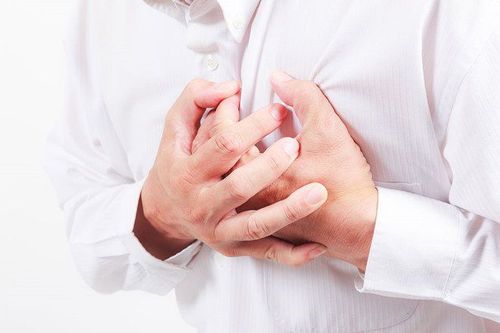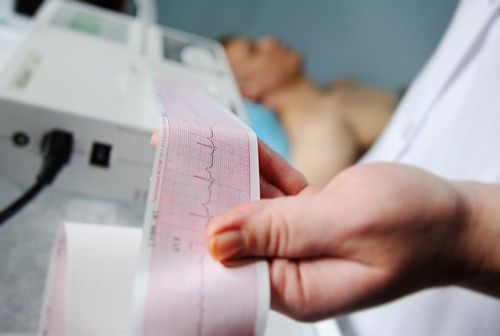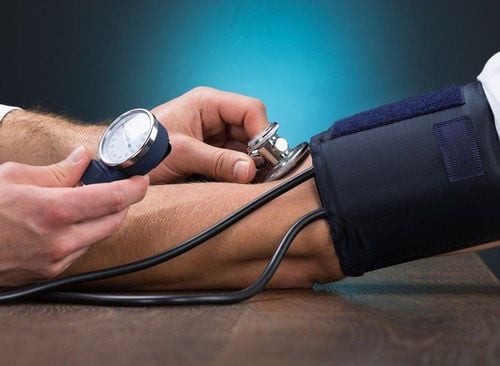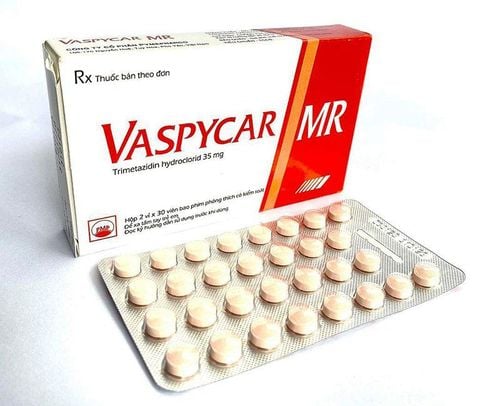This is an automatically translated article.
Sodium nitrate - salt in processed meat is one of the factors that increase the risk of cardiovascular disease. Therefore, to prevent cardiovascular disease, you need to limit the intake of salty and processed foods.
1. Salt in meat - a risk factor for cardiovascular disease
Sodium nitrate - a preservative found in some processed meats such as dried meat, bacon,... can increase the risk of cardiovascular disease. Specifically, it is thought that sodium nitrate can damage blood vessels, causing arteries to harden and narrow, leading to heart disease. In addition, nitrates can also affect the body's way of using sugar, making you more likely to develop diabetes.
Most processed meats are high in sodium. Some meats are not only high in salt, but also high in saturated fat, which negatively affects heart health. Therefore, if you eat meat, it is best to limit the processed meat group. Instead, choose lean, fresh meat and poultry in small portions. Adding seafood to your diet also improves heart health.
MORE: Heart healthy diet: 8 steps to prevent heart disease
2. Adjust diet and activities to prevent heart disease
Besides medication, prevention of cardiovascular disease through appropriate diet and exercise is a very effective method.
2.1 Eating sensibly
Build reasonable meals, avoid eating a lot of fat. For people over 60 years old, every day women eat about 1700 - 2100 kcal, men do not eat more than 2000 - 2500 kcal. For people over 80 years old, every day women should eat about 1400 kcal, men should not eat more than 1600 kcal; Should choose foods with low fat and cholesterol, rich in fiber and vitamins, limit foods containing a lot of sugar; Should eat fresh vegetables, tubers, fruits, corn, potatoes, cassava, fruits; Prioritize foods with many micronutrients such as calcium, potassium, iodine, chromium, magnesium, cobalt, ... because they have the effect of lowering blood pressure, protecting the heart, and preventing coronary artery complications. That is shrimp, crab, fish, milk, beans, onions, garlic, celery,...; Should choose vegetable oils such as olive oil, rapeseed oil, soybean oil, corn kernel oil,...; Prefer foods rich in calcium. SEE ALSO: Sports that are good for people with heart disease
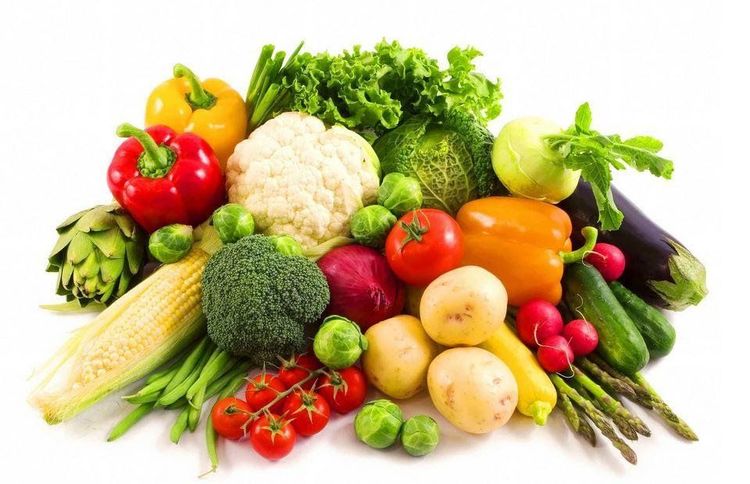
Giảm hàm lượng muối trong thực phẩm để phòng ngừa bệnh tim
2.2 Exercise regularly
Proper exercise not only benefits the body but also reduces the impact of cardiovascular diseases. Appropriate exercise promotes the replacement of old cells in the body, consumes fats, prevents obesity, increases the regulation of the cardiovascular system, prevents the development of cardiovascular disease. .
You should choose sports that suit your interests and conditions such as walking, slow running, cycling, tai chi, qigong, swimming,... The number of times of practice is about 3-5 times/week , about 30 minutes each time. The amount of movement should be increased gradually, do not start with heavy exercises.
You should practice in places with sunlight, do not practice in the early morning which is too cold, humid or foggy. In addition, do not exercise when full or hungry because both will have a bad effect on the body. In particular, do not exercise too hard because with too much intensity, insufficient blood flow to the brain can cause a very dangerous heart attack and stroke.
If during exercise, there is dizziness, nausea, chest tightness, shortness of breath, sweating a lot,... then the patient needs to rest in place and take a nitroglycerin tablet under the tongue. Then, you should go to a cardiologist to find out the cause and get the appropriate treatment. If you want to continue exercising, you need to consult your doctor.
Because salt in processed meat increases the risk of cardiovascular disease, you need to limit processed foods in your diet. Instead, you should prioritize fresh foods, especially green vegetables and fruits, combined with a healthy lifestyle regimen for better health.
Please dial HOTLINE for more information or register for an appointment HERE. Download MyVinmec app to make appointments faster and to manage your bookings easily.
References: mayoclinic.org, drugs.com




